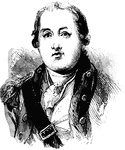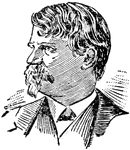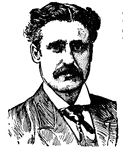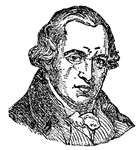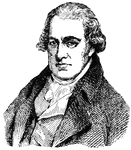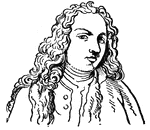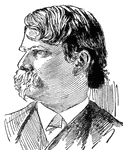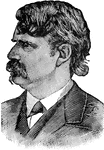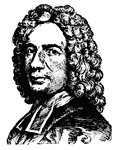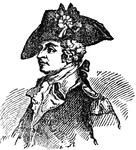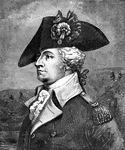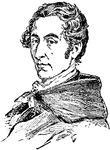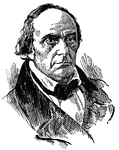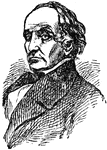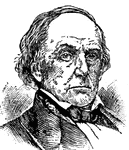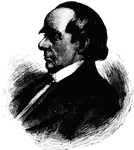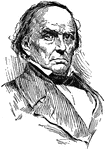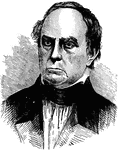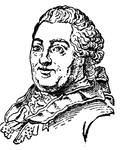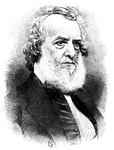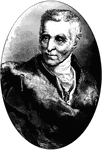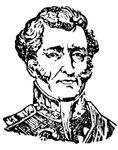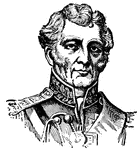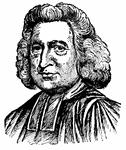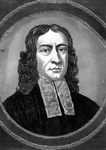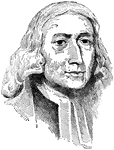267 illustrations of famous people including: Joseph Warren, George Washington, Martha Washington, Daniel Webster, John Wesley, Walt Whitman, Eli Whitney, Oscar Wilde, Frances Willard, King William (I, II, III, IV), Woodrow Wilson, and many more
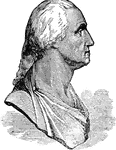
Houdon's Bust of Washington
Bust of George Washington by Jean-Antoine Houdon. George Washington (February 22, 1732 — December…
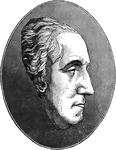
Houdon's Mask of Washington
Houdon's portrait sculpture of Washington was the result of a specific invitation by Benjamin Franklin…
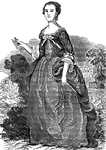
Martha Washington
Martha Danridge was born in the county of New Kent, Virginia, in May, 1732. Martha was a widow of Park…
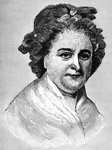
Martha Washington
The wife of George Washington, the first president of the United States. Considered to be the first…
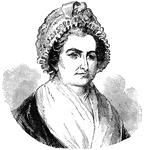
Martha Washington
The wife of George Washington, the first president of the United States. Considered to be the first…
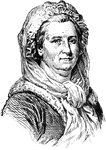
Martha Washington
The wife of George Washington, the first president of the United States. Considered to be the first…
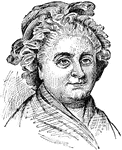
Martha Washington
The first First Lady of the United States of America. She was married to George Washington.
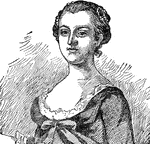
Martha Custis Washington
Martha Custis Washington (June 2, 1731 – May 22, 1802) was the wife of George Washington, the…
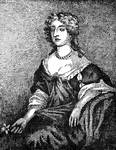
Mary Washington
Mary Ball Washington (1708 – 1789) was the mother of George Washington. Mary Ball met Augustine…
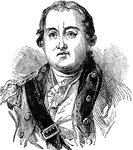
William Washington
William Washington (February 28, 1752 to March 6, 1810), was a patriotic Southern cavalry officer during…
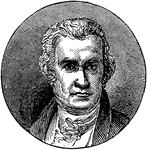
James Watts
James Watt (19 January 1736 – 25 August 1819) was a Scottish inventor and mechanical engineer…
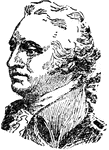
Anthony Wayne
An eminent general, born in East Town, Penn., Jan. 1, 1745; died in Erie, Penn., Dec. 15, 1796.
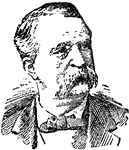
James B. Weaver
A United States politician and member of the United States House of Representatives, representing Iowa…
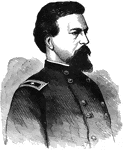
General Alexander S. Webb
"General Webb, born in New York city, February 15th, 1835, was graduated from the United States Military…
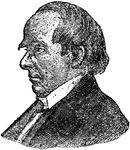
Daniel Webster
A statesman and orator, born in Salisbury, New Hamshire, Jan. 18, 1782; died in Marshfield, Mass., Oct.…
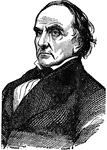
Daniel Webster
A portrait of Daniel Webster, A great statesman during the Antebellum Period of America. (1782-1852)
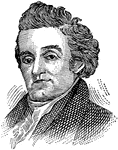
Noah Webster
An American lexicographer and English spelling reformer. He is famous for his contributions to the Merriam-Webster…

Thurlow Weed
Journalist, born in Cairo, New York, Nov. 15, 1797; died in New York City, Nov. 22, 1882.

Thurlow Weed
"From the most humble origin Thurlow Weed rose by slow degrees until he became one of the leading journalists…
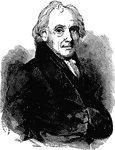
Mason Locke Weems
Mason Locke Weems (October 11, 1756 – May 23, 1825), generally known as Parson Weems, was an American…
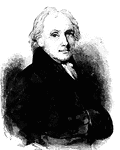
Reverend Mason L. Weems
(1759-1825) Clergyman that wrote the first biography of President George Washington
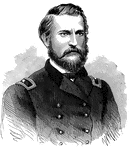
General Godfrey Weitzel
He joined the Western Louisiana campaign, and from May till September, 1864, was chief engineer of the…
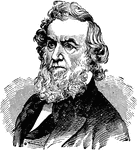
Gideon Welles
Gideon Welles (July 1, 1802 – February 11, 1878) was the United States Secretary of the Navy from…
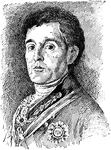
Duke of Wellington
The first holder of the title was Arthur Wellesley, who defeated Napoleon Bonaparte at Waterloo.
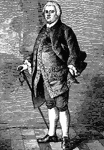
Benning Wentworth
Benning Wentworth (1696–October 14, 1770) was the colonial governor of New Hampshire from 1741 to…
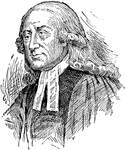
John Wesley
(1703-1791) An 18th-century Anglican clergyman and Christian theologian who was an early leader in the…
![John Wesley (28 June [O.S. 17 June] 1703 – 2 March 1791) was an Anglican cleric and Christian theologian who was the founder of the (Evangelical) Arminian Methodist movement. "Methodism" was originally an unflattering nickname of the "Holy Club" at Oxford University founded by Charles Wesley but led by brother John. Methodism was well advanced in England through George Whitefield who had taken over the responsibility of the Holy Club while the Wesley brothers were in Savannah, Georgia British North America.](https://etc.usf.edu/clipart/57500/57587/57587_john_wesley_mth.gif)
John Wesley
John Wesley (28 June [O.S. 17 June] 1703 – 2 March 1791) was an Anglican cleric and Christian…
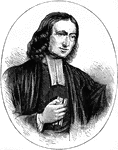
John Wesley
John Wesley (1703 – 2 March 1791) was an Anglican cleric and Christian theologian who founded…
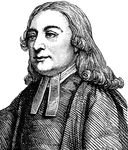
John Wesley
John Wesley (June 28 1703 – March 2, 1791) was an Anglican minister and Christian theologian who was…
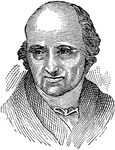
Benjamin West
A famous painter of historical scenes around and after the time of the American Revolution.


